In a world where hustle culture is often praised, the idea of simply doing nothing can seem almost like an act of rebellion. Daily life is so often measured in terms of to-do lists, appointments, and notifications, with a full calendar seen as a badge of honour. The pressure to keep busy has become so ingrained that silence and stillness can feel uncomfortable – a free afternoon something to fill rather than appreciate.
The truth is that this unrelenting pace can actually do a lot more harm than good. The glorification of constant activity, hustle and – to use a detestable word – grindset has eroded the ability to rest guilt-free. Busyness is seen as the aim, even as it fuels rising stress levels and burnout. For many parents, especially, downtime can feel impossible to justify, even when you’re hanging on by a thread.
But what if doing nothing wasn’t something to feel ashamed of? What if stillness held just as much value as hustle?
When busyness becomes harmful
While activity is necessary and worthwhile in its way, there is a point at which constant motion can become counterproductive. Chronic busyness can cloud decision-making, reduce emotional bandwidth, and play havoc with physical health. Over time, it impacts on your sleep, increases anxiety and prevents you from being fully present, including in the moments that matter most. And the lack of rest can even affect your immune system.
The problem is not occasional chaos – we all have to handle that from time to time. It’s the expectation that every moment must be accounted for. When rest is only permitted as a reward for working hard, it stops being restorative, and becomes just another block of time to be scheduled in. For parents juggling family life, work demands, and social pressures, this mindset can become a source of harm, normalising burnout as a standard.
Reclaiming silence and stillness
Doing nothing used to be a goal. There was once room in daily life for idle thoughts, lazy afternoons and simply watching the world go by. Now, these quiet times have been replaced by content consumption and performance metrics, with even a daily walk being seen in terms of how many steps you can get in.
Stillness, however, is not laziness; it’s space. Room to feel, to recover, and to reflect. Boredom is not an enemy – studies have shown it helps us find creativity and emotional regulation. When the brain isn’t racing to complete tasks, it has a chance to wander, process and reset. To complete a word search without panicking about a time limit, or to self-pamper without bargaining over which treatments need to be cut for time. Rather than every action needing to have a purpose, the quieter moments can make life more enjoyable.
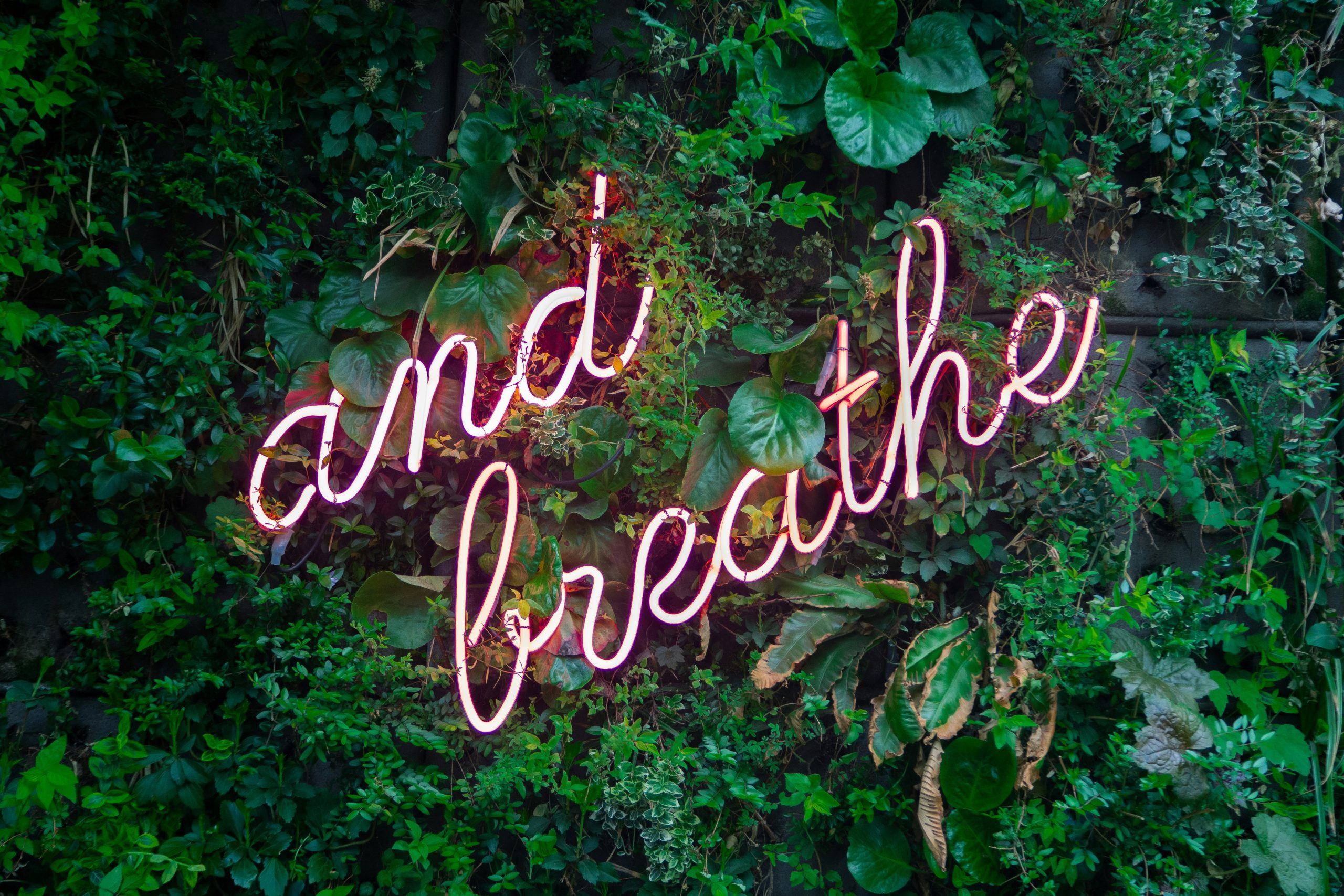
Everyday ways to slow down
Intentional stillness doesn’t need to involve booking a hotel or ordering takeaway. At its best, it is about reclaiming small moments throughout the day where you step out of the busyness loop without adding to the to-do list or spend any money. It can be things like:
- Looking out the window: It doesn’t really matter what you’re looking at (although it’s recommended you don’t stare at other people!); think of the scene as unintrusive background music.
- Make coffee without reorganising the kitchen: You can spare a couple of minutes for the kettle to boil or the pod machine to percolate. Use that time to let your mind wander.
- Go for a walk: Without having a specific destination in mind or a number of steps to tick off; just let your feet go where they want.
Or – and this is the key point – anything else that doesn’t have a specific end goal to it. You’re not looking to fill time here, none of this needs to be recorded for any purpose; it’s simply taking back time from the demands of everyday life. These moments create breathing room in a world where that can be hard to come by.
Choosing to really do nothing can feel unfamiliar, even a little transgressive. With practice, however, it becomes something powerful, a rebellion against the idea that busyness equals worth. A way to remember that you don’t have to be in constant motion to have some meaning in life. Sometimes there is more to gain by doing less, and you’ll find that when you really do need to be in action, you’ll have far more mental clarity and free energy, and you’ll be better able to do the things you need to do.

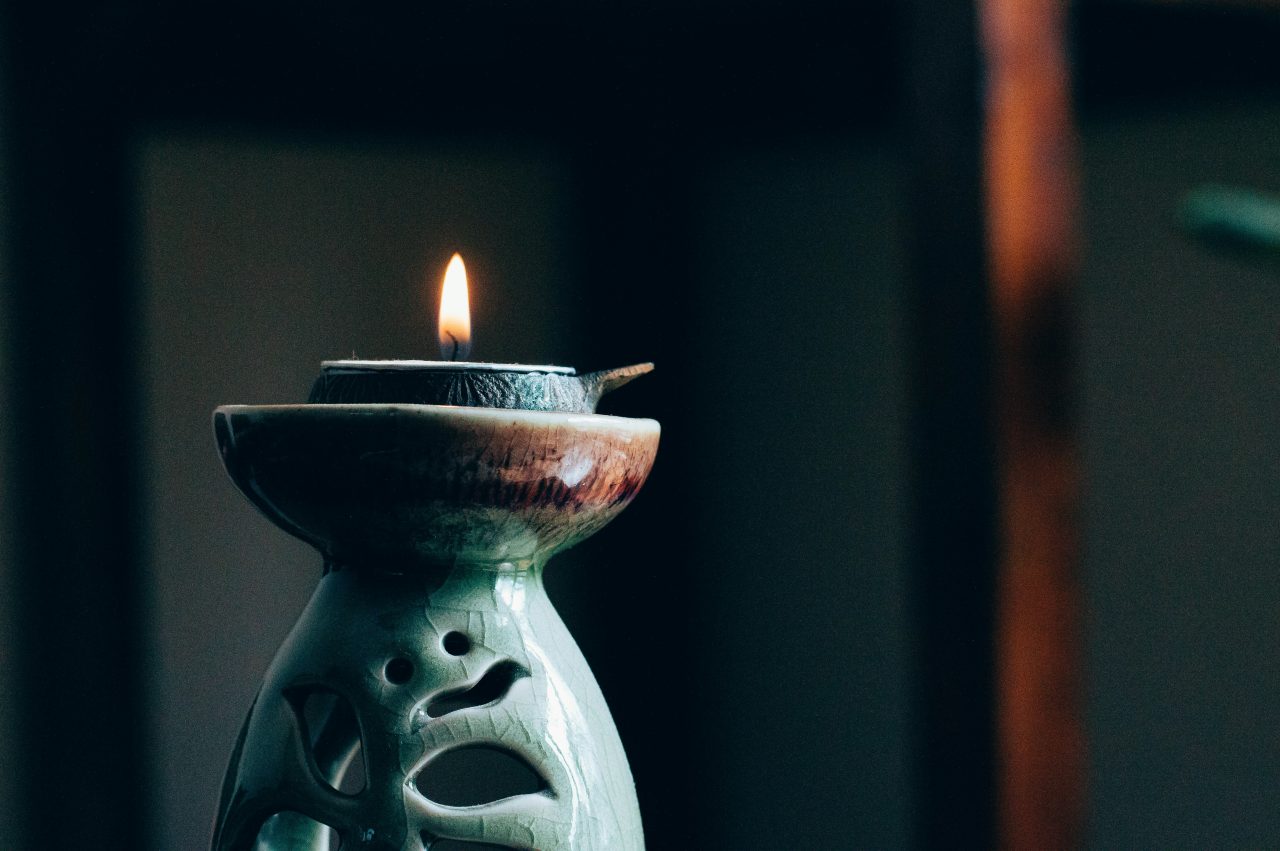



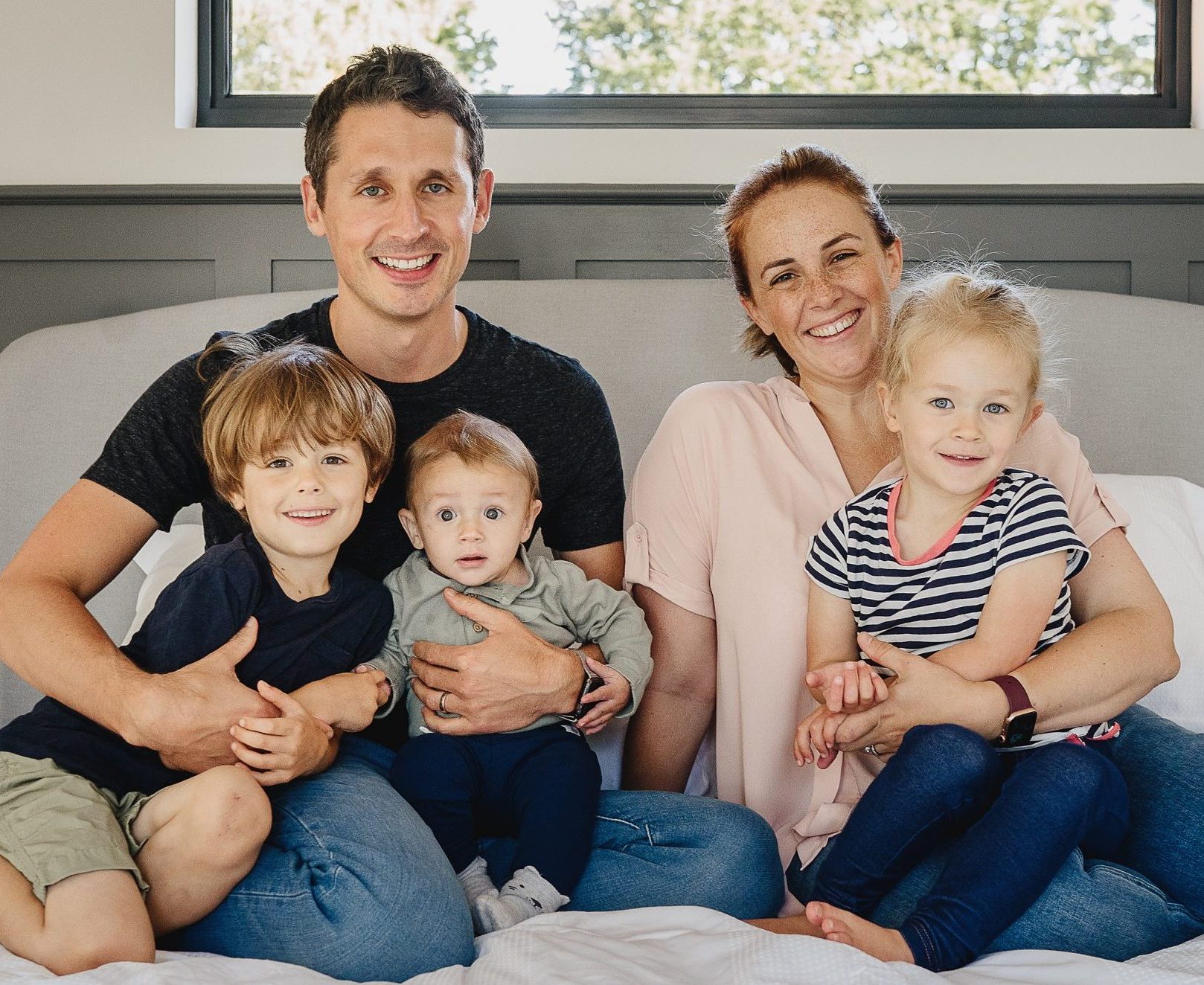
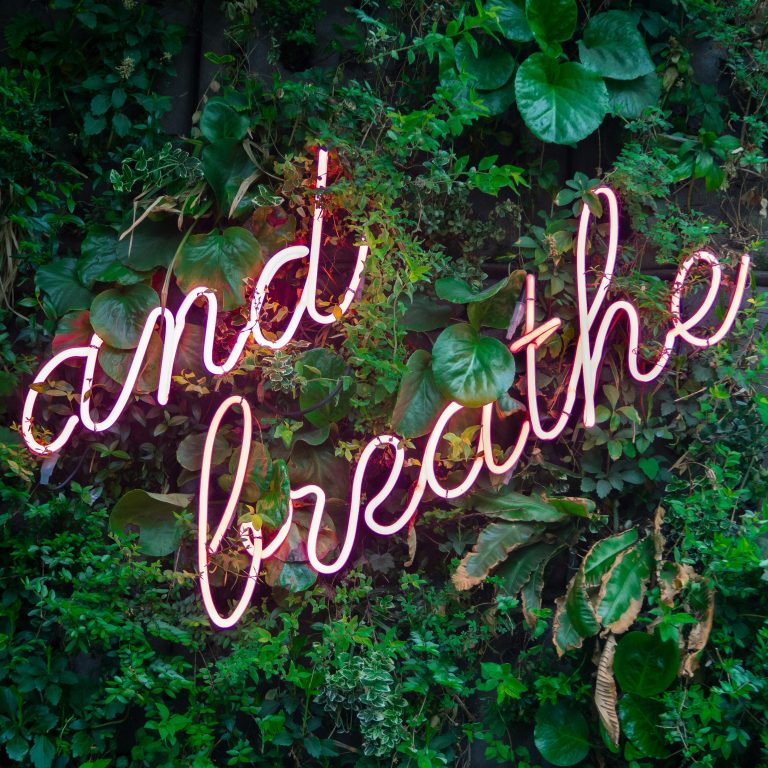

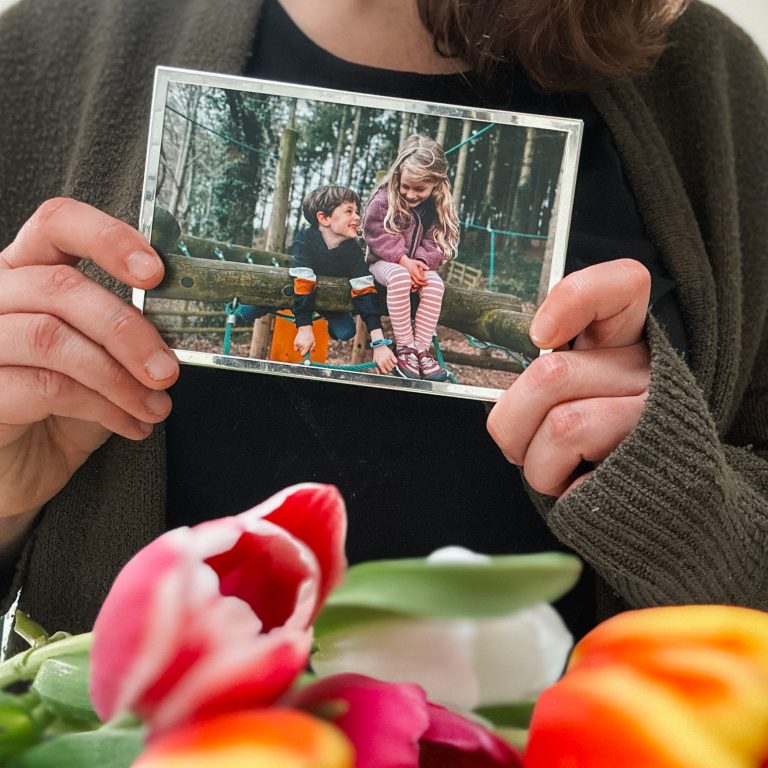
No Comments